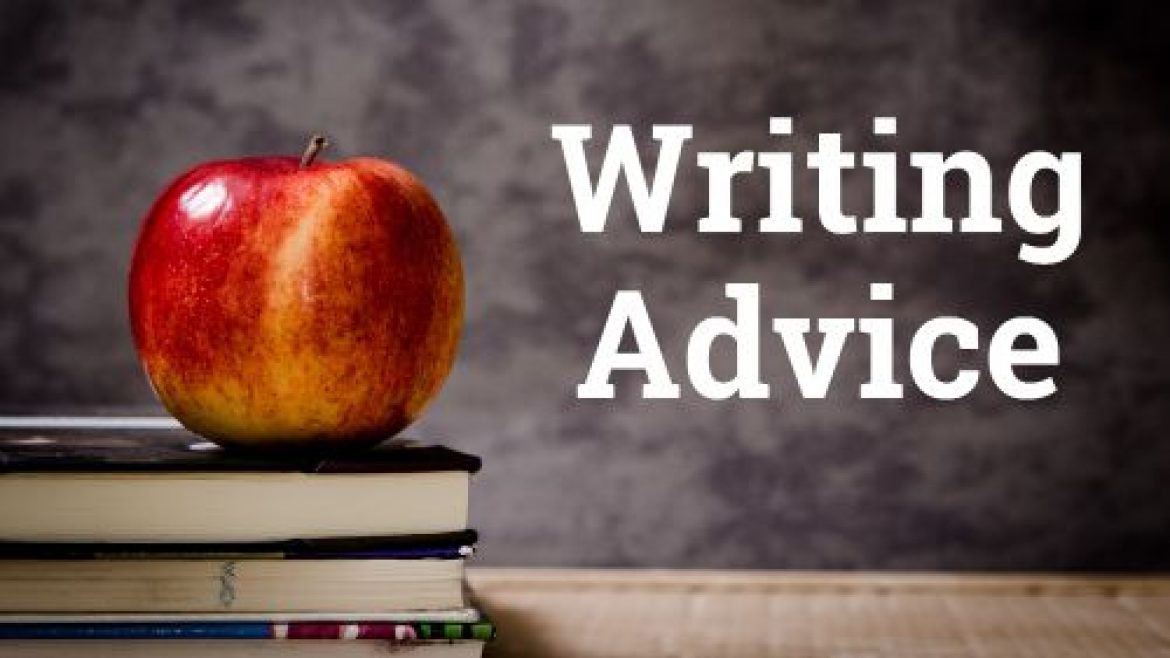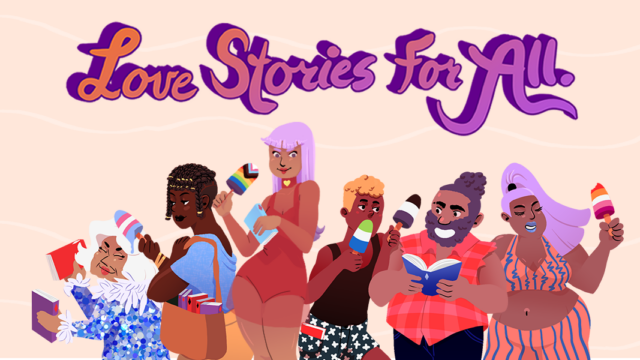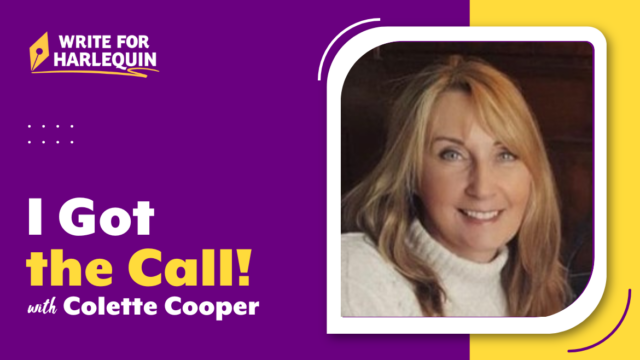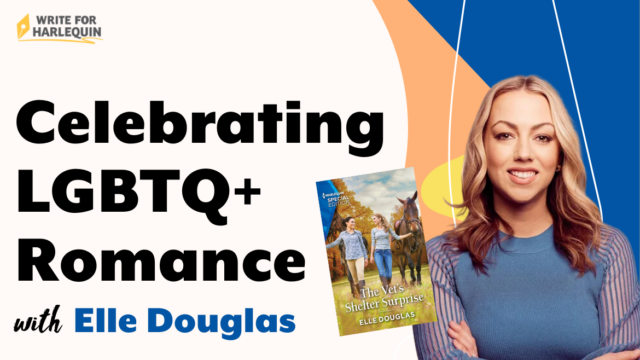
by Katie Gowrie
I’ve always thought one of the best things about reading a Harlequin romance is the cool facts you pick up along the way. Action, emotion, the chance to learn something new—all tied up with that feel-good HEA.
We editors love a story that’s cradled by good research, be it settings, careers and hobbies, or whatever situation the characters find themselves in. There’s so much fascinating information to be found in a good book, and once you’ve read it, it sticks. (Because of my day job, I’m fairly confident I can survive an avalanche, attend a state dinner, and fight off dengue fever using only papayas.)
Not only does good research make the story more believable, it makes for really interesting reading. But sprinkling those facts with finesse is easier said than done. There’s no hard-and-fast rules when it comes to the art of the info-dump (or rather, the art of avoiding it), but here’s some food for thought.
Don’t bite off more than we can chew
This is tough. As a writer, you’ve taken the time to really delve into a subject for your book, and you can’t wait to share everything you’ve learned! But readers shouldn’t feel overwhelmed by a subject they know little about. Cut that information into bite-size pieces and put it in accessible terms where possible. Think of it this way, your ability to do this is a testament to how well you know your subject. You might think your information-laden scene is interesting, but if it fails to get a reaction from the reader (other than “I’m bored” or “You lost me”), it’s not working. And remember, if your story shines light on a unique topic, an engaging voice can go a long way.
It’s all in the integration
Avoid the dump and embrace the weave. If the reader is learning something new, aim to reveal information in equal parts action, dialogue and narrative. Your heroine raises mini-horses for a living? Fascinating—tell me more. But large swaths of text on feeding habits or the science of breeding might make for dull reading. Research, no matter how interesting, shouldn’t slow down the forward momentum of the scene. Consider having your heroine in action on the ranch as she goes about her daily tasks—she’s walking, talking, thinking, mini-horses. And if you find your horse-expert heroine rambling, try breaking up info-heavy dialogue with gestures or short responses from someone else.
So what?
My high school English teacher’s favorite phrase, and master essay-writing prompt. To help us expand on a point, we’d start with the first sentence and ask ourselves, “So what?” And voila, a paragraph is born (and a paper is written). Let’s borrow this. Your awesome research might seem forced if it doesn’t arise organically from the scene. So try asking yourself, Why Now? Why am I adding these details here? If something is integral to the scene, that information belongs there. But if you can’t come up with an answer, it’s probably safe to leave those tidbits out. Perhaps it can be worked in later, or maybe your story doesn’t need it.
As with many things in writing, this is trial and error. Working that research into your writing might work in one scene and bring you to a standstill in another. Always remember to have fun, and relish the chance to learn new things (and teach us!) through your storytelling.
What are your thoughts on the matter? Share your ideas on info-dumping research, along with a fun fact you’ve learned from a Harlequin romance, in the comments below!






